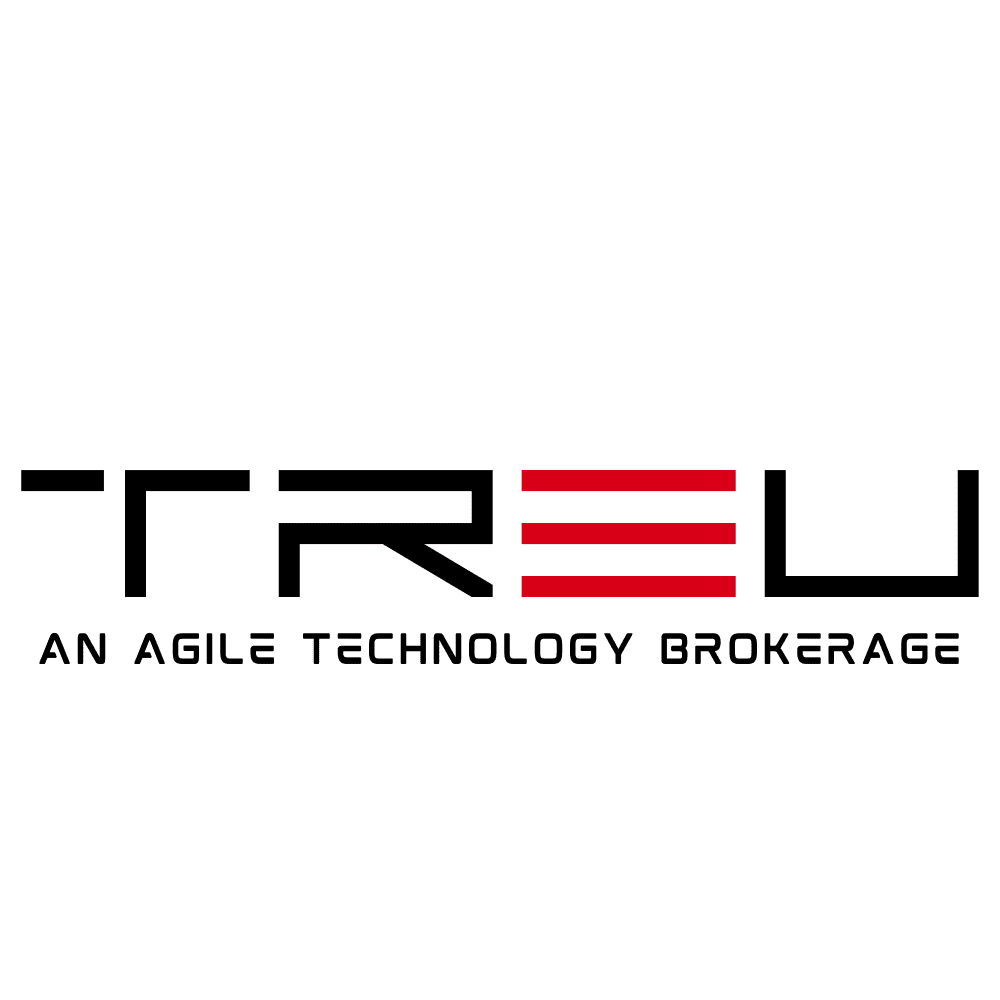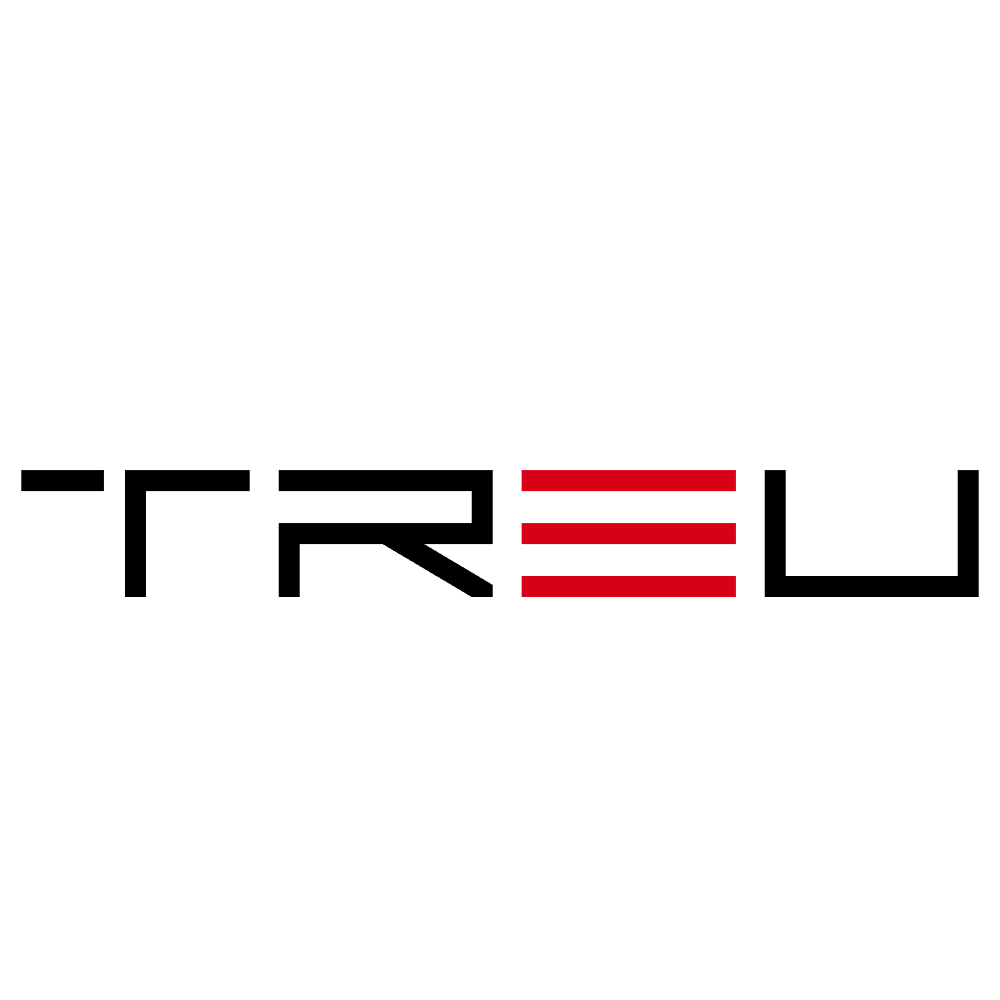How AI Will Transform Tech Talent Strategies in 2025
As companies continue to navigate the ever-evolving landscape of technology, 2025 is poised to redefine how organizations approach tech talent. At the center of this transformation is the increasing power and influence of artificial intelligence (AI). With AI revolutionizing everything from recruitment to skill development, businesses must reimagine their talent strategies to stay competitive. Here’s how AI is set to reshape tech talent strategies in the near future.
The Role of AI in Redefining Tech Talent Acquisition
In 2025, recruitment processes will undergo a radical shift, thanks to AI-powered tools offering efficient and data-driven solutions. AI will streamline the way companies source, assess, and onboard talent, ensuring faster and more accurate hiring processes. Here’s how:
- Automated Resume Screening: AI algorithms will analyze resumes faster and more accurately than humans. Companies can harness AI to identify candidates with the most relevant skills and experiences, eliminating bias and reducing recruitment timelines.
- Enhanced Candidate Matching: AI tools will be able to predict the likelihood of a candidate’s success in a specific role by analyzing a combination of their professional history, personality traits, technical expertise, and even cultural fit with the organization.
- Smarter Chatbots: AI-powered chatbots will enhance the candidate experience during the application process, answering questions, addressing concerns, and speeding up initial stages like scheduling interviews.
Upskilling and Reskilling with AI: The Future-Proof Strategy
In a rapidly changing tech landscape, continuous learning and skill enhancement are critical for employees to remain competitive. AI will play a pivotal role in creating personalized learning programs that meet both employees’ needs and business objectives.
AI-Powered Learning Platforms
Advanced AI platforms will enable organizations to assess employee skills in real time, identify knowledge gaps, and recommend curated learning paths. For example:
- Personalized Training Modules: AI will analyze an individual’s performance and suggest tailored courses, tutorials, and certifications to upskill quickly and efficiently.
- Predictive Skill Development: Using predictive analytics, AI can highlight emerging skills that employees should focus on, helping organizations stay ahead of industry trends.
- Gamification and Engagement: AI-driven platforms will incorporate gamification to make learning more engaging and interactive, boosting program completion rates.
Employers leveraging AI for upskilling and reskilling initiatives will ensure they close the skills gap while empowering their talent to thrive in the face of new challenges.
Redefining Workforce Management Through AI
Workforce management will benefit significantly from AI’s ability to analyze vast volumes of data in real time. This will allow organizations to make informed decisions around managing their tech talent pools and creating a thriving work environment. Some transformative areas include:
Optimized Workforce Planning
AI tools will assist in forecasting workforce requirements based on project needs, seasonal trends, and evolving market conditions. This will allow businesses to:
- Allocate Resources Efficiently: AI can predict project timelines and recommend the ideal mix of talent to meet objectives.
- Reduce Turnover Risks: Predictive analytics will help HR teams identify employees at risk of leaving and intervene early to improve retention rates.
Diversity, Equity, and Inclusion (DEI) Strategies
AI will also play a role in advancing DEI initiatives by identifying biases, tracking hiring trends, and suggesting actions to create more equitable workplaces:
- Bias-Free Recruitment: AI will help organizations evaluate job descriptions and interview processes for unintended biases, ensuring inclusivity in hiring practices.
- Tracking Diversity Metrics: AI tools will give companies real-time insights into how well they’re progressing toward their diversity goals and what adjustments are needed.
AI-Driven Trend Alert: The Shift Toward Hybrid Roles
In 2025, there’s expected to be a rising demand for hybrid roles—positions that blend technical expertise with soft skills like leadership, adaptability, and communication. AI will serve as a powerful ally in preparing talent for these multi-faceted roles:
- Identifying Gaps for Hybrid Competencies: AI will analyze market trends to understand emerging hybrid job roles and recommend employee training to meet these new requirements.
- Real-Time Skill Monitoring: AI platforms will enable businesses to track how tech professionals are adapting to hybrid responsibilities and adjust strategies for skill development accordingly.
This shift highlights the growing demand for a workforce that can bridge the gap between technical know-how and human-centric leadership.
Embracing AI While Preserving the Human Element
While AI is set to revolutionize tech talent strategies, businesses must take care to maintain the human essence of their workforce. Balancing advanced technologies with humanity-driven practices will be essential to creating a high-performing and sustainable talent strategy. Here’s how organizations can do so in 2025:
- Augment, Don’t Replace: AI should complement human decision-making rather than replace it entirely. For instance, while AI can predict talent trends, leaders must ensure they take human factors like intuition and empathy into account.
- Prioritize Employee Well-Being: AI-driven tools can monitor employee stress levels and recommend interventions, creating a healthier and more resilient workforce.
- Encourage Collaboration Over Automation: Organizations must foster a collaborative environment where employees and AI tools work in tandem to maximize productivity and innovation.
How to Prepare for AI’s Impact on Tech Talent Strategies
It’s imperative for organizations to begin preparing for the integration of AI into their talent strategies. Consider these steps:
- Invest in AI-Powered Tools: Start by exploring AI-based platforms for recruitment, workforce planning, and learning management systems.
- Upskill HR and Leadership Teams: Ensure that decision-makers understand how to use AI effectively and ethically in managing tech talent.
- Develop Flexible Policies: Embrace agile policies that can adapt to the rapid advancements in AI and changing workforce dynamics.
Conclusion
AI is no longer be a futuristic ideal but rather a core component of how organizations manage and develop tech talent. From personalized learning and bias-free recruitment to predictive workforce planning, AI will unlock new possibilities while ensuring businesses remain competitive in a fast-paced digital era. However, the key to success lies in implementing AI strategically while preserving the values and humanity of your workforce. Companies that take proactive steps to embrace AI will position themselves at the forefront of innovation, creating a thriving, future-ready organization.

